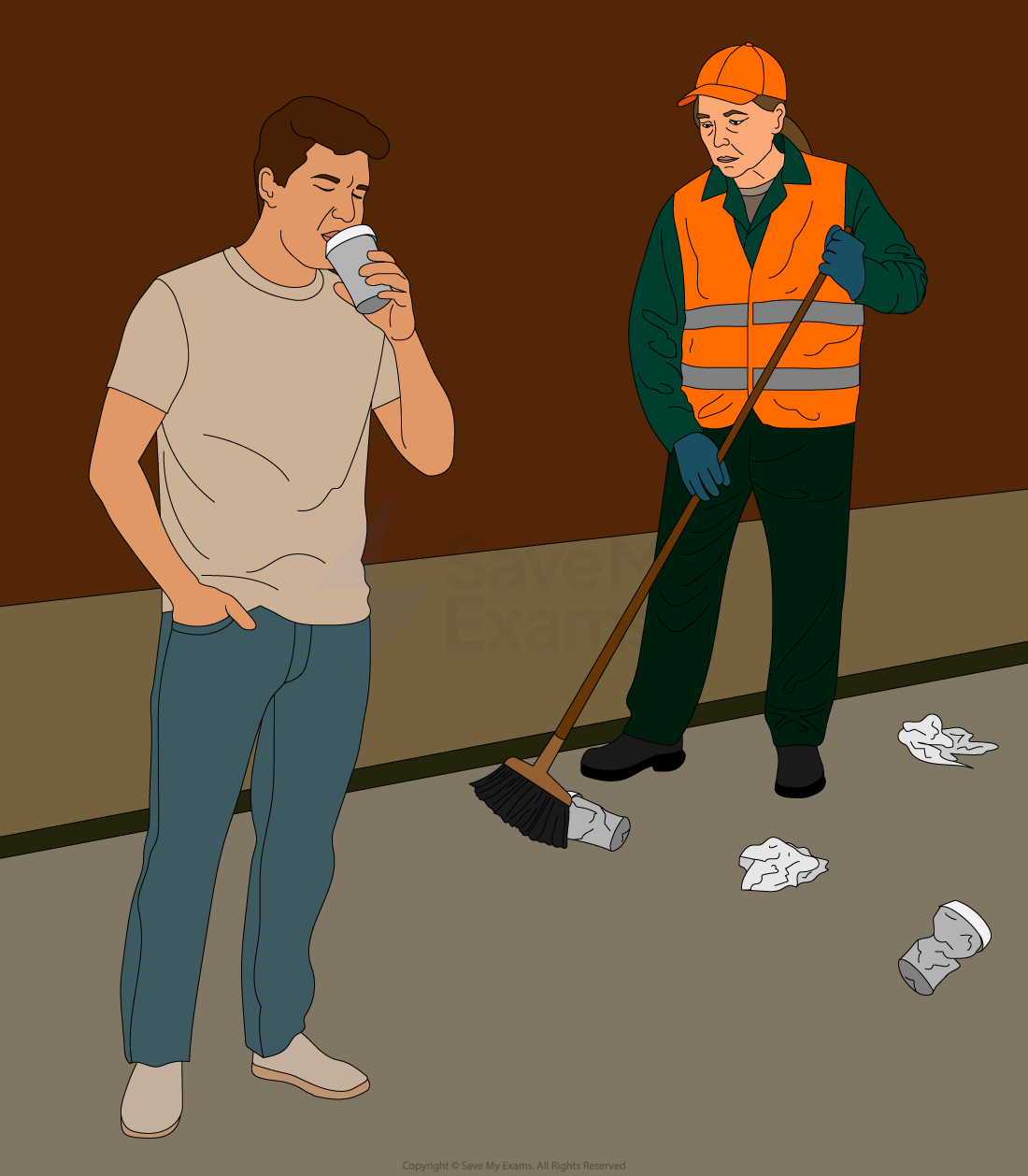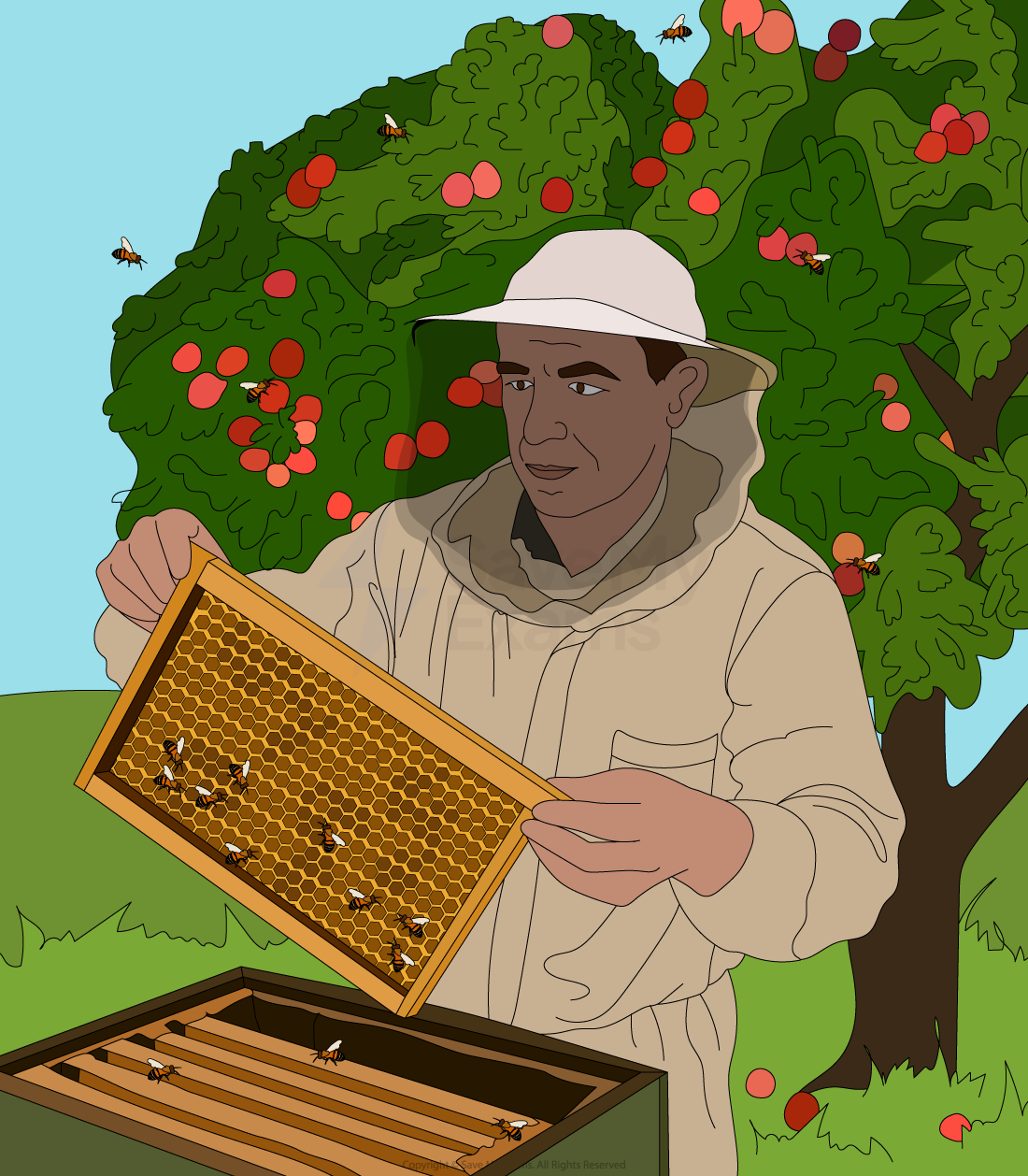Syllabus Edition
First teaching 2025
First exams 2027
Market Failure Terminology (Cambridge (CIE) IGCSE Economics): Revision Note
Exam code: 0455 & 0987
Defining market failure
Market failure occurs when the free market fails to allocate resources efficiently, resulting in a loss of social welfare
It can lead to too much or too little of a good or service being produced or consumed from society’s point of view
For example, pollution caused by factories is not reflected in market prices — this is a market failure
Free markets often work very well
However, these free market can fail when there is a less than optimum allocation of resources from the point of view of society
Sometimes there is an over-provision of goods or services which are harmful (demerit goods) and therefore an over-allocation of the resources (factors of production) used to make these goods/services, e.g., cigarettes
Sometimes there is an under-provision of the goods or services which are beneficial (public goods and merit goods) and therefore an under-allocation of the resources (factors of production) used to make these goods and services, e.g., schools.
Sometimes the market causes a lack of equity (inequality) – the rich get richer and the poor get relatively poorer
Sometimes, environmental damage occurs during the production or consumption of a good or service
In each of these cases, from society’s point of view there is a lack of efficiency in the allocation of resources
External costs and benefits
Externalities occur when there is an external impact on a third party not involved in the economic transaction between the buyer and seller
These impacts can be positive (benefits) or negative (costs) and are often referred to as spillover effects
These impacts can be on the production side of the market (producer supply) or on the consumption side of the market (consumer demand)
Costs
Social cost = private cost + external cost

Private costs
These are what the producer, consumer or government actually pay to produce or consume a good or service
For example, a consumer pays $9 for a McDonald's meal
External costs
These are the damages not factored into the market transaction
For example, the consumer throws their McDonald's packaging onto the street and the Government has to hire cleaners to collect the litter
Social costs
These includes both the private cost and the external cost to society
It is a better reflection of the true cost of an economic transaction
Benefits
Social benefit = private benefit + external benefit

Private benefits
These are what the producer, consumer or government actually gain from producing or consuming a good or service
For example, a bee farmer gains the private benefit of the income from selling their honey
External benefits
An external benefit (positive externality) is the benefit not factored into the market transaction
For example, the bees from the bee farm pollinate the nearby apple orchards
Social benefits
These include both the private benefit and the external benefit to society
It is a better reflection of the true benefit of an economic transaction
Examiner Tips and Tricks
Market failure results in the overconsumption of demerit goods and goods with external costs and the underconsumption of merit goods and goods with external benefits. Your understanding of this concept is frequently tested in MCQ

Unlock more, it's free!
Was this revision note helpful?
